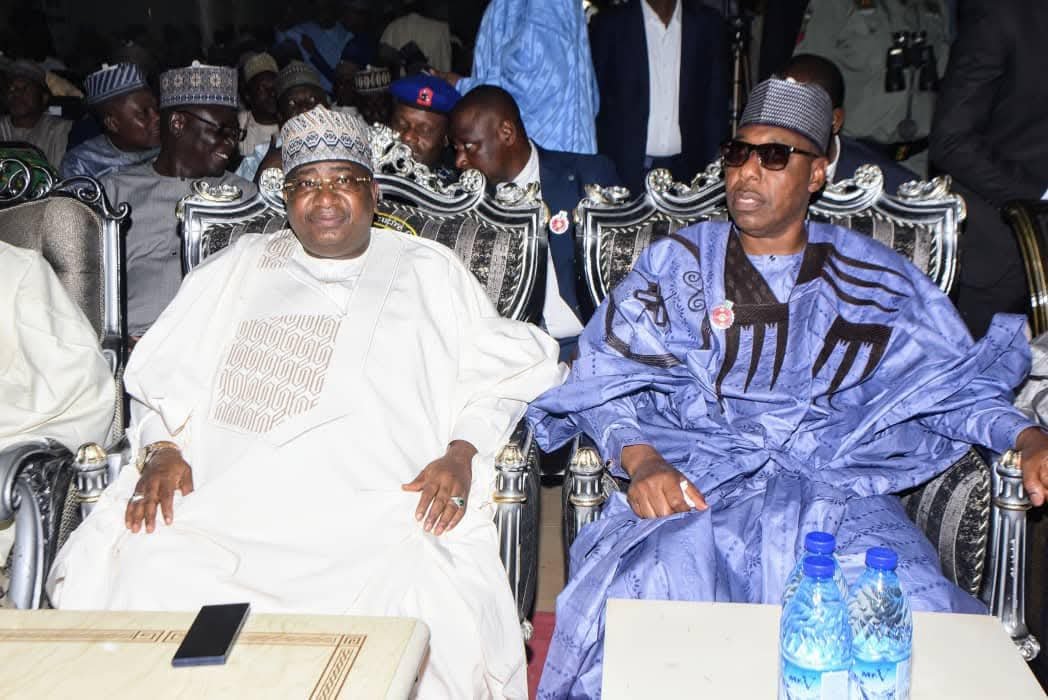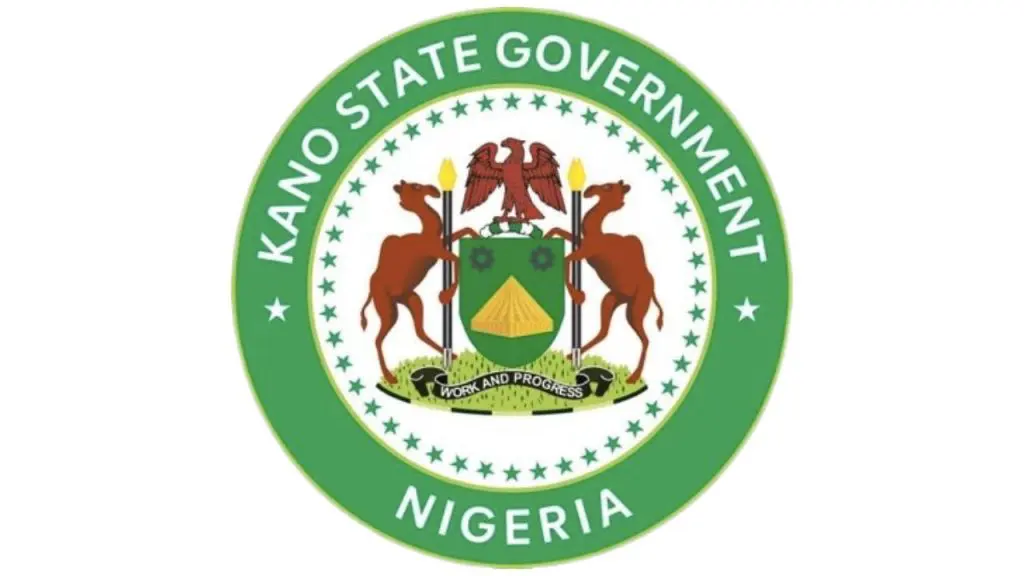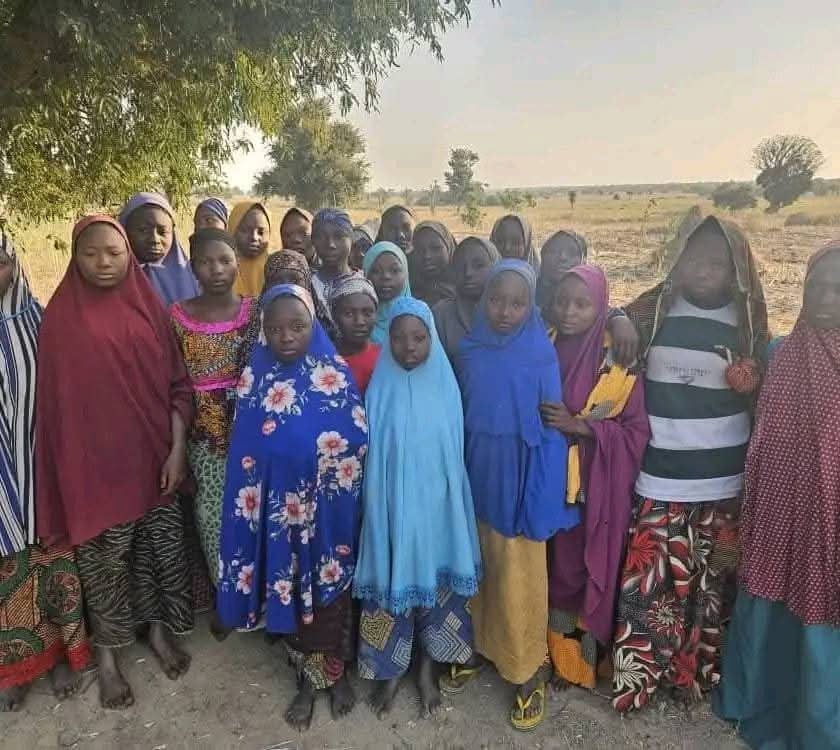Plateau Muslims: At the mercy of whom?

I do not intend to sound alarmist, but a recent press release by the Plateau Indigenous Development Association (PIDAN) on May 2nd, 2025, titled “The Presence of a Group Led by the Minister of Livestock Development in Plateau Central for an Assignment Unknown to PIDAN Is Shocking” has caught my attention.
This statement is particularly surprising because PIDAN is neither a government agency nor a statutory body that a minister must consult before visiting Plateau for an assignment that the state governor was fully aware of and participated in. This reaction underscores the heightened sensitivities in a state long affected by conflict and mistrust.
Plateau State has been engulfed in various conflicts since the September 7, 2001, Jos North ethno-religious crisis. The aftermath of that crisis saw violence spreading across several local governments in the state’s three senatorial zones. The underlying causes of these conflicts include indigene-settler dichotomy, persistent tensions between the Hausa-Fulani community and the so-called natives.
There is also escalating disputes over land and resources, often framed along ethnic and religious lines. Also, politicians exploit religious sentiments to secure votes, using inflammatory rhetoric such as “land grabbers” or “jihadists.”
Another reason is the deep-seated mistrust between the Plateau State government and the Hausa-Fulani community, who continue to be perceived as settlers rather than equal stakeholders.
Once a symbol of peaceful coexistence among various tribes and religions, Plateau State has experienced a steady decline in harmony since the return to democracy in 1999. Politicians and religious leaders have exploited ethnic and religious divisions, using sensational language to garner support, while security agencies have failed to hold these instigators accountable.
Security agencies in Plateau are often accused of bias by the so-called natives whenever a crisis erupts. However, there is a glaring imbalance in the state’s security structure that is seldom acknowledged.
The last time a Muslim served as Commissioner of Police in Plateau State was in 2001. Since then, all commissioners posted to the state, including the current one, Olugbemiga Adeshina, have been Christians.
The current Director of the Department of State Services (DSS), Mr Tamuno Shales, is a Christian, as are the GOC and Commander of Operation Safe Haven, General Eyitayo Oyinlola, the NSCDC State Commandant, Ishaku Musa (JP), and the FRSC State Head.
Despite this obvious imbalance, Muslims in the state have remained peaceful, refraining from protests or petitions against the lopsided composition of the security council. This is in a firm belief in the rule of law and respect for constituted authorities.
The absence of Muslim representation in the state’s security council raises legitimate concerns about the potential for bias in security operations and reporting. It is crucial to ensure fair and balanced representation to prevent further alienation of any community.
Thus, it is essential to address the following:
Inclusivity in Security Leadership: Qualified Muslims should be considered for leadership positions in security agencies to ensure a more balanced representation.
The state government must prioritise fairness and transparency in the appointment of security heads to prevent perceptions of bias. Comprehensive and enduring dialogue between warring communities should be promoted to foster reconciliation and rebuild trust. Politicians and religious leaders who incite violence through divisive rhetoric must be held accountable to deter further conflict.
Plateau State was once a thriving hub of tourism and peaceful coexistence. To restore that legacy, the state needs leadership that prioritises unity, fairness, and inclusivity. Every community must be seen as a stakeholder in the state’s development, and every voice must be heard.
Only through inclusive governance, balanced representation in security agencies, and genuine dialogue can Plateau State reclaim its reputation as a beacon of peace and prosperity in Nigeria.
Abdurrahman Jos can be reached through darrrmans23@gmail.com





